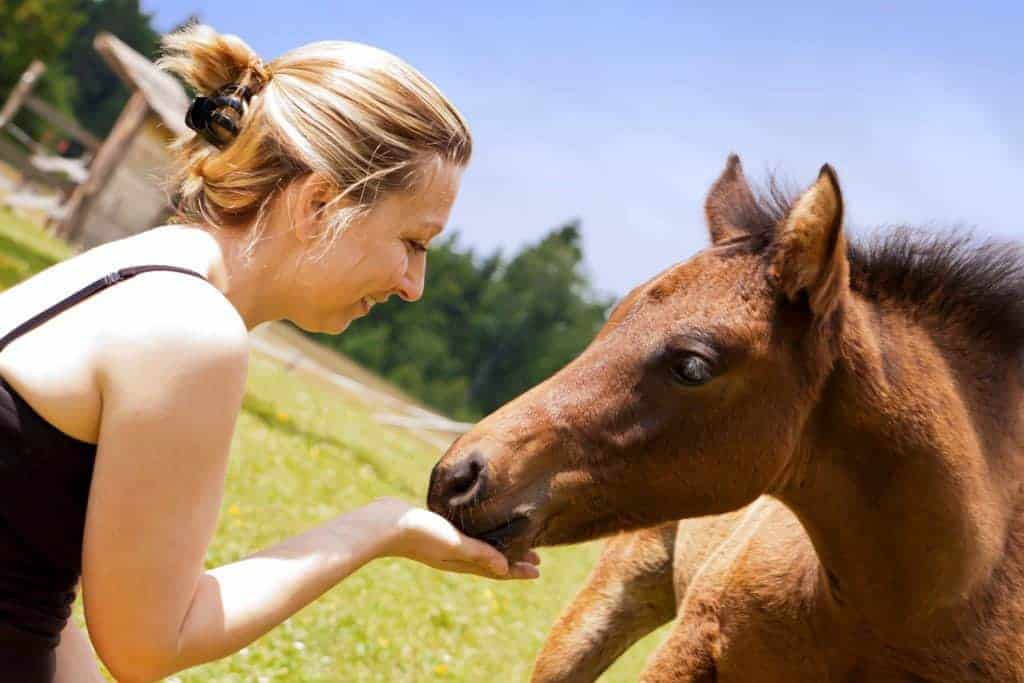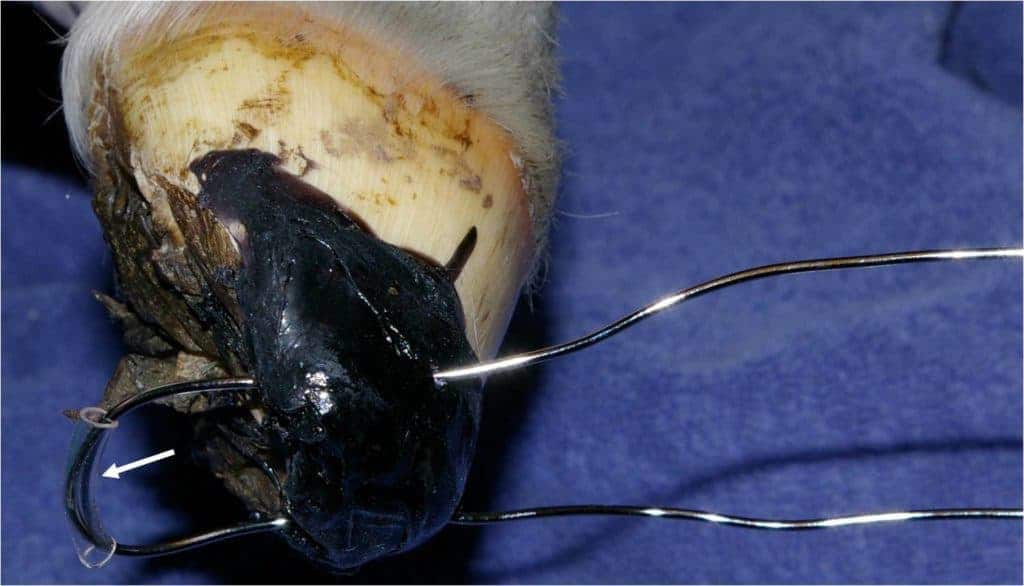
Top Medicine Studies of 2012 (AAEP 2012)
Dr. Stephen Reed recaps studies on endocrinology, neurologic and muscle disorders, foal health, and more.

Dr. Stephen Reed recaps studies on endocrinology, neurologic and muscle disorders, foal health, and more.

Rhodococcus equi is well known for its ability to cause severe pneumonia in young foals, but it can also cause septic arthritis (infection of joints), osteomyelitis (infection of bones), neonatal diarrhea (enterocolitis), and more.

Your mare is in labor and your foal is on his way. But what if something goes wrong? Offer your baby a great start by listening to this live audio event covering foaling, dystocia (difficult birth), passive transfer of immunity, and neonate health.

Miniature Horses are more susceptible to some health problems than their larger counterparts.

What sort of behavior problems would an orphan foal develop?

Dr. Nathan Slovis of Haygard Equine Medical Institute in Lexington, Ky., discusses clinical signs and treatment of equine proliferative enteropathy, an intestinal disease that primarily affects foals.

Consider the following “wishes” equine experts made to help maximize your horses’ quality of life.

The majority of respondents said they’d rather not choose a future foal’s sex ahead of time.

It is important to consider everything involved in breeding before bringing another horse into the world.

Sun is evaluating the regulation of interferon gamma expression in foals and its role in R. equi resistance.

A novel treatment technique for correcting flexural deformities in foals showed promise in a recent study.
The University of Kentucky (UK) Department of Veterinary Science will host the Lawsonia intracellularis and equine proliferative enteropathy (EPE) symposium on Nov. 15 at the UK Veterinary Diagnostic Laboratory.
Veterinarians from Hagyard Equine Medical Center have confirmed leptospirosis in a Thoroughbred weanling.
Amanda Adams, PhD, gave an overview of weaning stressors and how to keep foals healthy during the transition.

Researchers recently identified links between equine neuroaxonal dystrophy (NAD), nutrition, and genetics.

Freezing or inhibiting fecal samples from diarrheic horses allows C. perfringens detection for weeks longer.
Stay on top of the most recent Horse Health news with
"*" indicates required fields